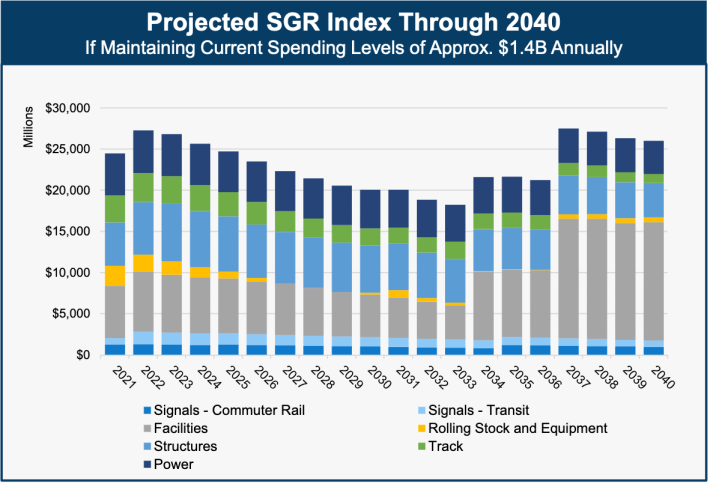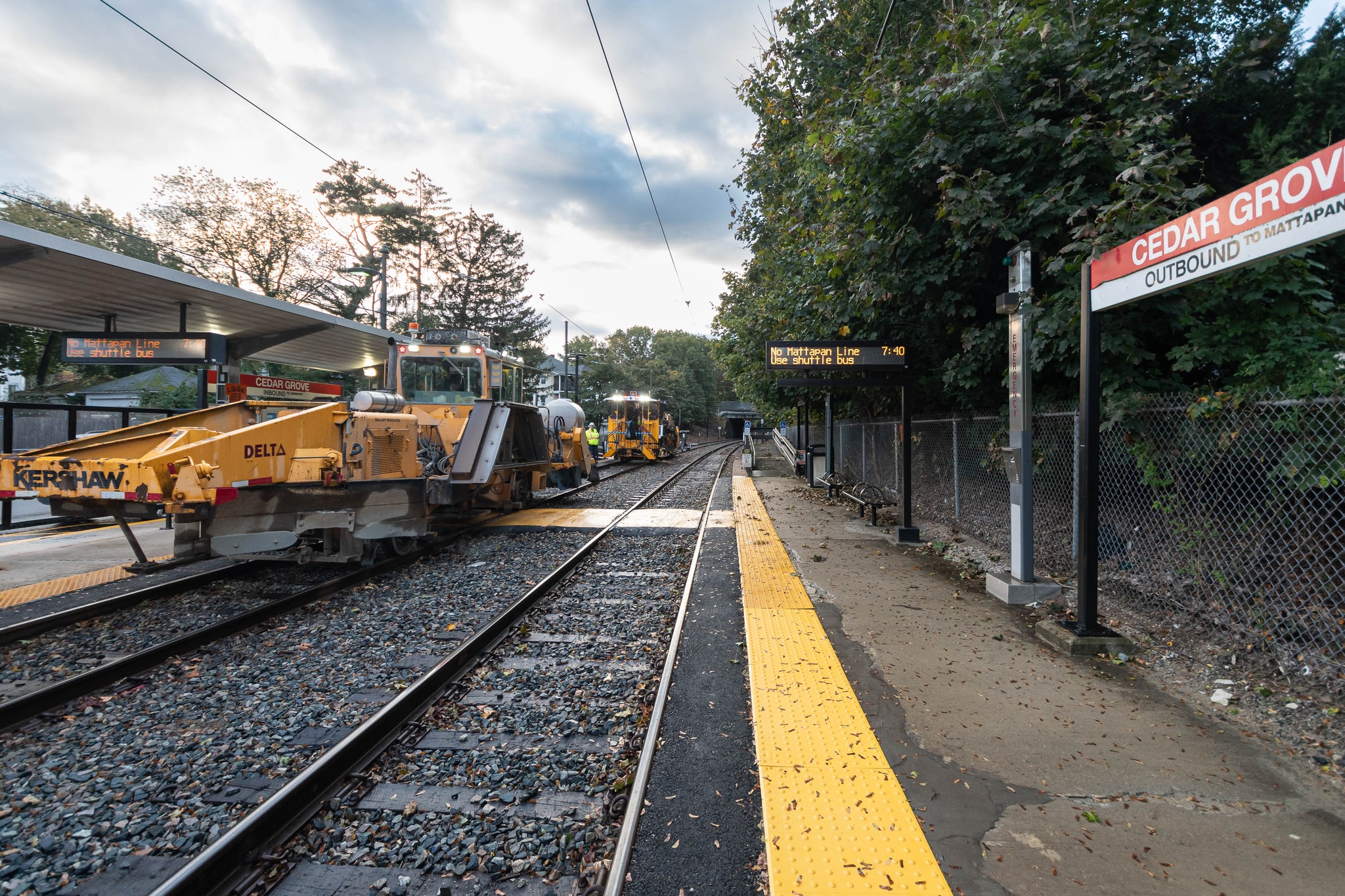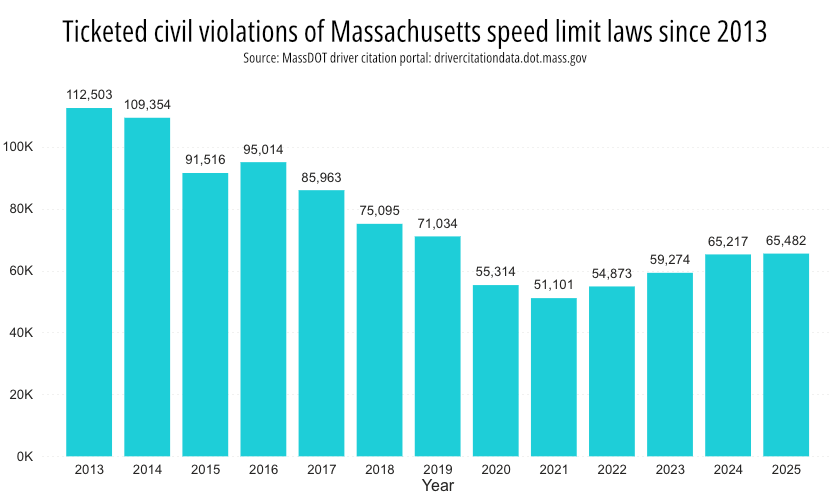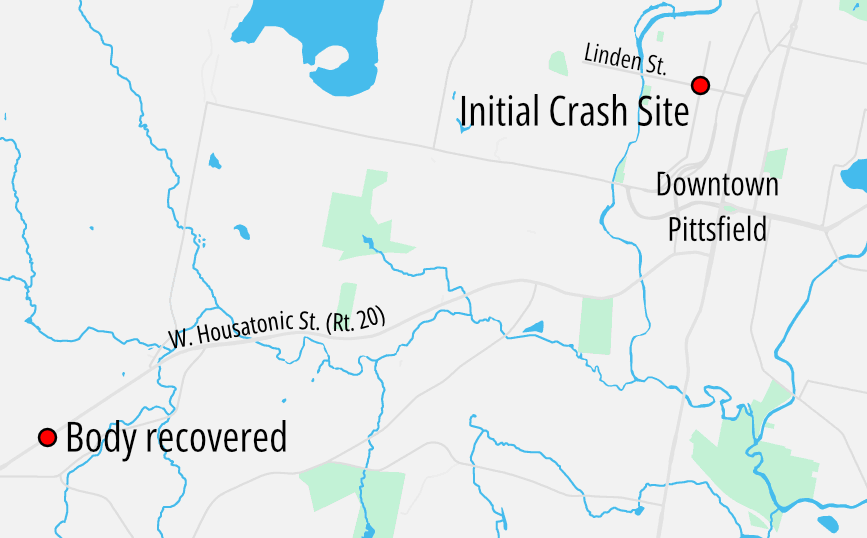A detailed accounting of how much it will cost to repair Boston's transit system has concluded that the T needs $24.5 billion to attain a "state of good repair."
That price tag is far beyond what the MBTA's current captial budget can afford, and is likely to set up a hard conversation on Beacon Hill about how – or whether – the state will pay for the T's repair needs.
The $24.5 billion figure comes from the agency's delayed Capital Needs Assessment, which took an inventory of all of the T's physical assets, including bridges, signals, tracks, vehicles, and buildings, then assessed their condition and tallied the costs of necessary repairs or replacements.
Price tag has more than doubled since 2019
The agency's last Capital Needs Assessment, which come out in 2019 just weeks before a major derailment destroyed part of the Red Line, estimated that the agency needed $10.1 billion to repair or replace its aging equipment and facilities.
The price of the agency's capital needs has therefore more than doubled in four years, in spite of the fact that the T considerably increased capital spending to try and address its maintenance backlog during the same period.
In 2020, the T spent $930 million on capital projects (a significant portion of which went to expansion projects like the Green Line Extension and South Coast Rail instead of maintaining existing infrastructure).
The T's most recent capital investment plan budgets about $1.9 billion a year over the next five years.
"We're doing a capital investment program that doesn't come close to dealing with any of this," observed MBTA board member Tom McGee of Lynn during Thursday's board meeting.
In a press release issued Thursday, MBTA General Manager and CEO Phillip Eng said that "the MBTA is one of the oldest transit agencies in the country, and while there are a number of contributing factors, it’s clear that years of under-investment have added to the cost of bringing our system back to a state of good repair."
"This is what decades of underinvestment yields. Each additional year of underinvestment just makes this the gap larger," MBTA Advisory Board Chair Brian Kane told StreetsblogMASS.
Current spending can't keep pace with deteriorating infrastructure
A staff presentation prepared for Thursday's board meeting warned that "the MBTA’s assets continue to age faster than they are being replaced, resulting in an increase in the total number of assets that are out of a State of Good
Repair."
In other words, the Commonwealth's current levels of investment in repair projects can't keep pace with the ongoing deterioration of the T's aging infrastructure.

"What is the annual number you need to get the system up and running?" asked board member Mary Skelton-Roberts during Thursday's board meeting.
MBTA staff were clearly reluctant to answer that question directly.
"To quantify that number right now is difficult," said MBTA General Manager Phillip Eng.
But Skelton-Roberts continued to press staff to give an estimate. "People really want to know, what's a realistic number?" she asked.
MBTA Chief Administrative Officer David Panagore stepped in to explain the complications in naming that number.
"We are modelling various numbers to see how they impact need, but what it really comes down to is ability to access the system (and) growing the workforce" to be able to plan, administer, and deliver major capital projects, Panagore said.
The updated $24.5 billion price tag "tells us what riders already know: the system has declined since 2019 and will continue to decline if resources aren't allocated to tackle the state-of-good-repair backlog," said Caitlin Allen-Connelly, a Senior Advisory on Transportation for A Better City, a regional business advocacy group, during Thursday's MBTA board meeting.
Allen-Connelly also asked board members and the administration "to identify sustainable funding sources that support these needs... the MBTA has the leadership needed to get the system back on track, now we must give them the resources they need."
After the meeting, Karissa Hand, a spokesperson for Governor Healey, told StreetsblogMASS that "the Healey-Driscoll Administration is committed to ensuring that the MBTA has the resources it needs to deliver the safe, reliable service that the people of Massachusetts deserve."
The latest capital needs assessment has been in the works for over a year now, and was notably absent from legislative debates over the state budget this summer. The previous administration had promised that it would be complete before the end of 2022.
Download the MBTA staff presentation on the Capital Needs Assessment and Inventory.






